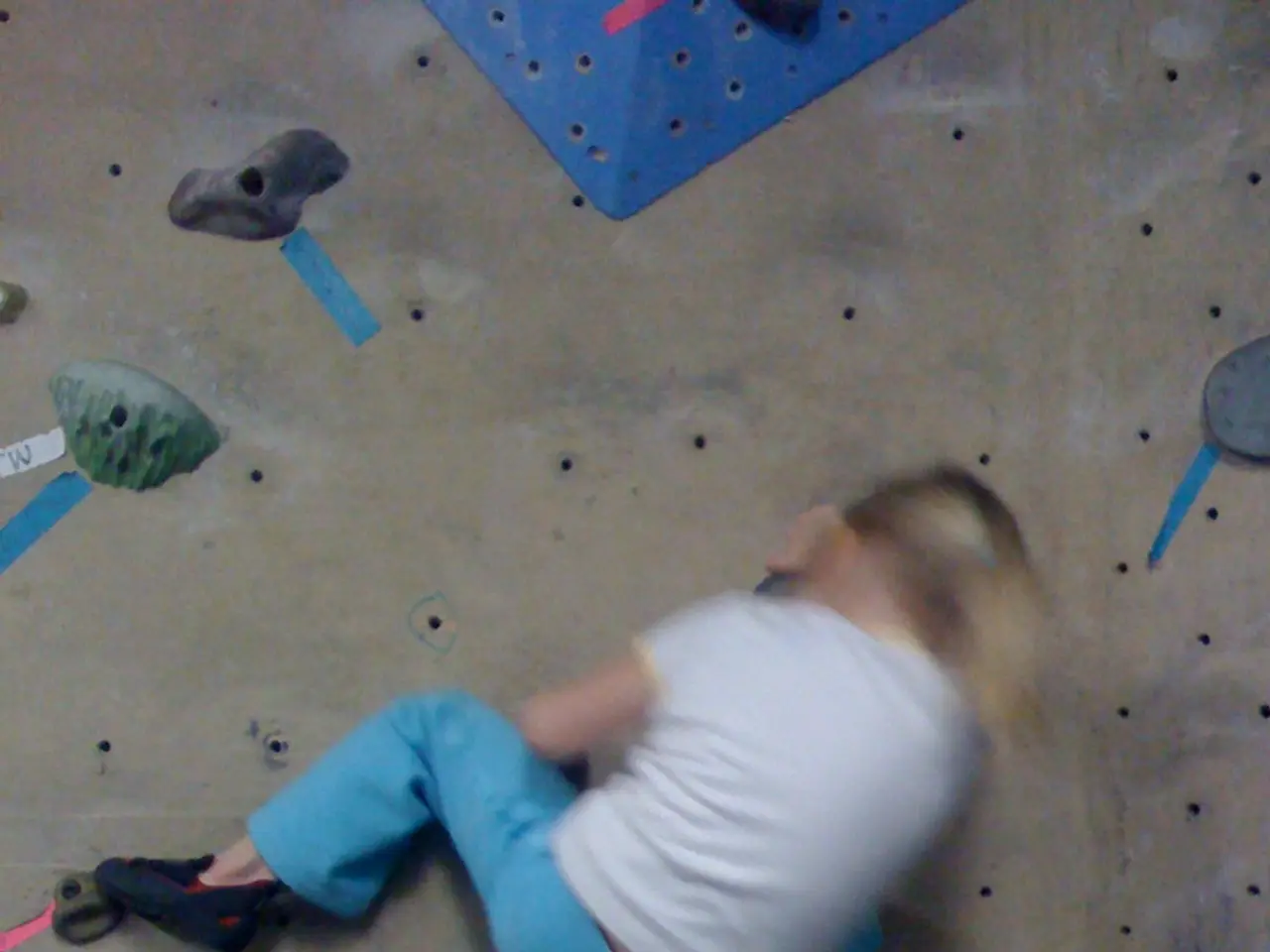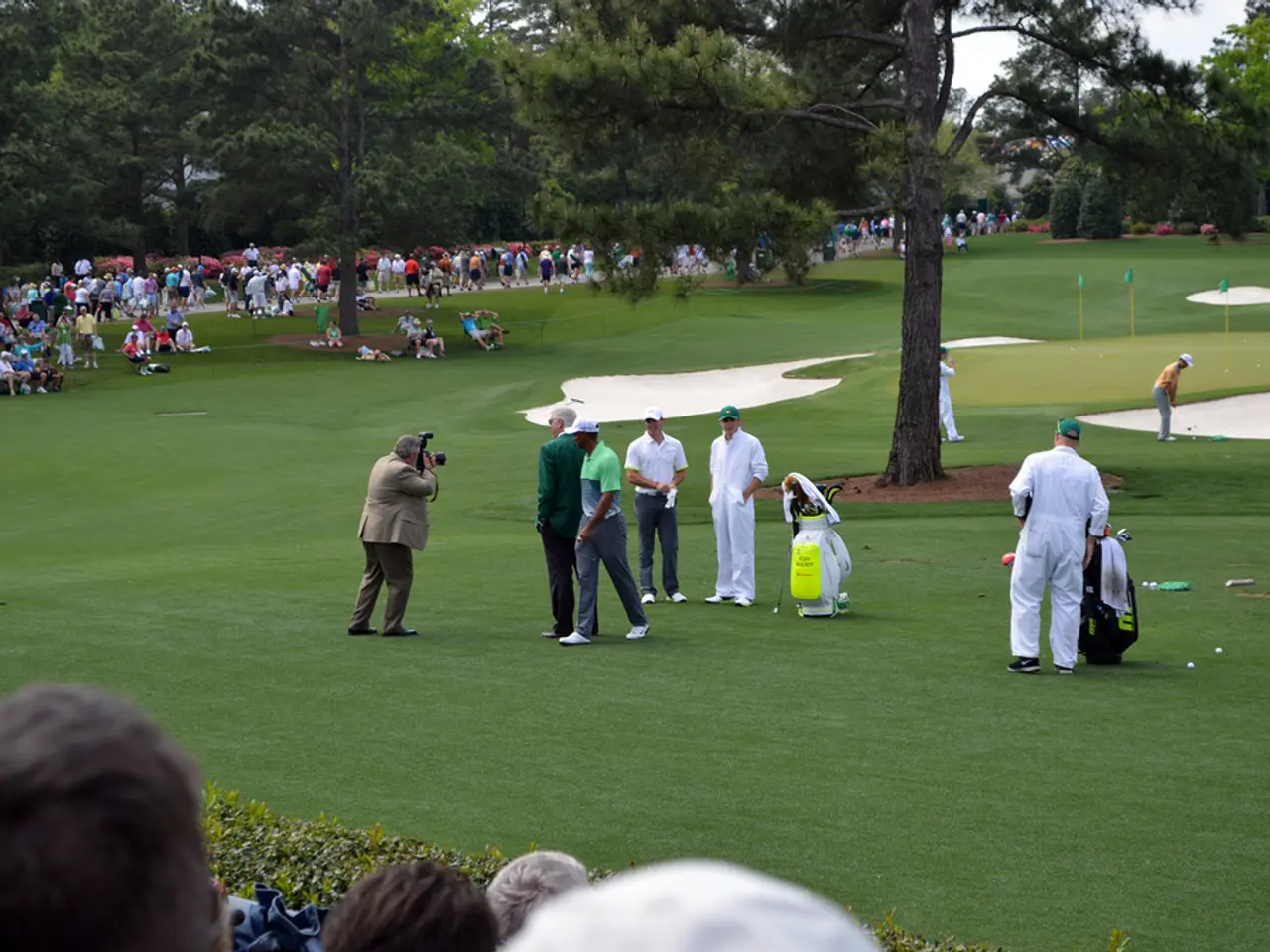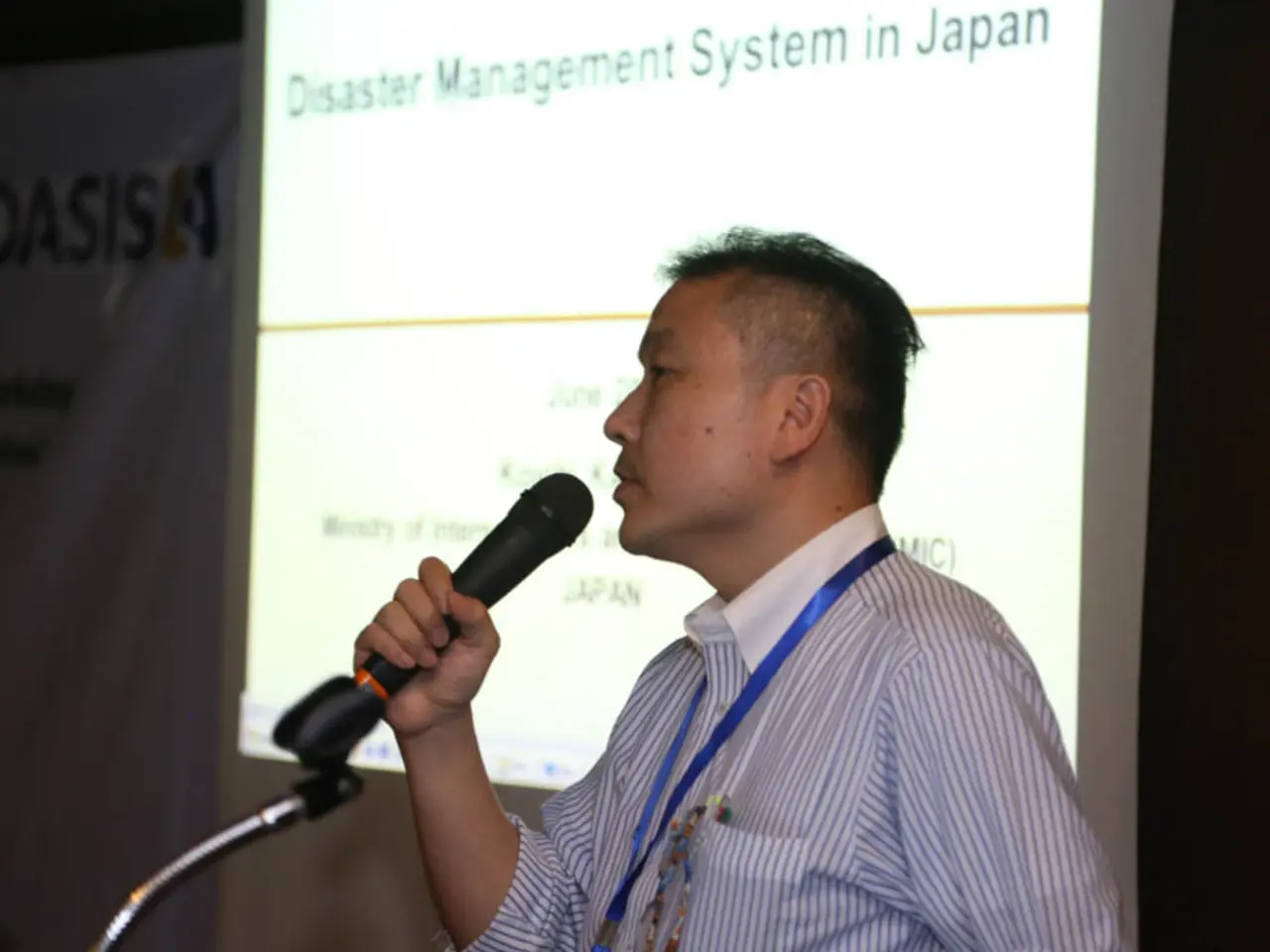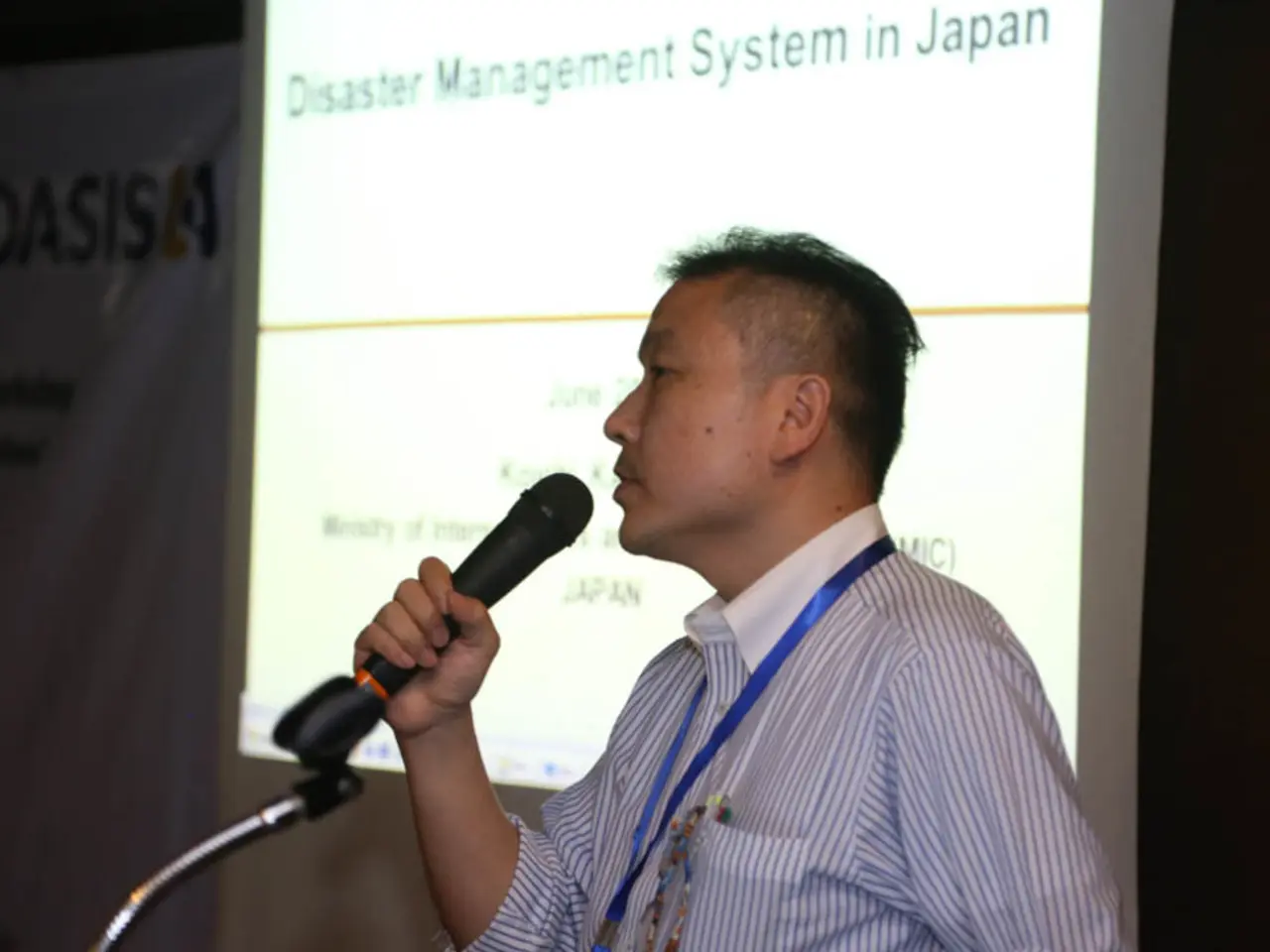Protecting Children in Sports: Strategies for Preventing Abusive Behavior
In the world of elite sports, psychological abuse often goes unnoticed for extended periods. This is primarily due to the intense focus on physical performance and biomedical aspects of health, which overshadows mental health issues and psychological abuse symptoms [1][2].
The pressure on athletes to perform, social scrutiny, and internalized stress can make psychological abuse difficult to detect. Elite athletes experience high external and internal pressure focused on physical results, and mental health problems, including psychological abuse, may be overlooked because attention is on injury and physical wellbeing rather than emotional states or abusive dynamics [1].
Parents play a significant role in this dynamic. Supportive parents or guardians acting as trusted adults provide supervision, guidance, and encourage reflection on harmful behaviors and consequences. This can prevent antisocial behaviors linked to psychological abuse and help detect such incidents early [2]. Conversely, lack of parental support or engagement reduces the chances for intervention and prolongs undetection.
Psychological violence in sports often involves language and behavior that makes individuals feel small, humiliated, or controlled. For instance, calling someone an "idiot" or saying they'll never make it is considered psychological violence, while criticism of an exercise can be legitimate but should be constructive and supportive.
Statements like "I have to go to not disappoint the others" are red flags for potential psychological issues. Children who experience psychological abuse may think it's normal if they experience it from a young age and lack the ability to categorize incidents.
Gymnastics, with its high-level tasks performed by very young children, is particularly prone to psychological abuse. Allegations of abuse shook the German gymnastics scene at the beginning of the year, with gymnasts reporting psychological and physical pressure at training centers in Stuttgart and Mannheim.
The German Gymnastics Federation has responded by relieving coaches and appointing a law firm and an expert council to address the issue, with the goal of uncovering misconduct and strengthening the protection of athletes.
Many victims of psychological abuse later report that they blamed themselves. To prevent this, parents should be educated about the risks involved in sports, and clubs should actively inform them. Child protection should be an integral part of club activities to sensitize all involved.
Ina Lambert, a psychologist and director of the independent hotline Safe Sport e.V., states that psychological violence accounts for 47 percent of reported violence forms. Consistent implementation of prevention concepts is lacking in many sports systems.
Kim Bui, an ex-Olympic gymnast, developed an eating disorder due to strict weigh-ins during training. This highlights the urgent need for a genuine error culture, sufficient resources, and training for all involved to bring about change in the system.
Parents may find themselves in a dilemma, not wanting to take their child's sport away while noticing changes. The role of parents in sports abuse cases is complex and often more complicated than it seems, with many parents not being present at training and clubs or coaches often deliberately keeping parents at a distance.
Approximately one-third of seekers at the Safe Sport e.V. hotline are parents or relatives. Parents may notice changes in their children after sports training, such as crying, exhaustion, or depression. These signs should not be ignored and should be addressed promptly to ensure the mental health and wellbeing of the athlete.
In conclusion, psychological abuse in sports is a hidden epidemic that requires immediate attention. By educating parents, implementing prevention concepts consistently, and fostering a culture of child protection, we can work towards creating a safer and healthier environment for athletes.
Elite athletes, under the intense focus on physical performance and biomedical aspects of health, may experience psychological abuse that is difficult to detect, as mental health issues are often overlooked [1]. Parents, as key figures in an athlete's life, play a significant role in preventing and detecting psychological abuse early. This can be achieved through education about the risks involved in sports, active communication, and ensuring child protection is an integral part of club activities [2].








